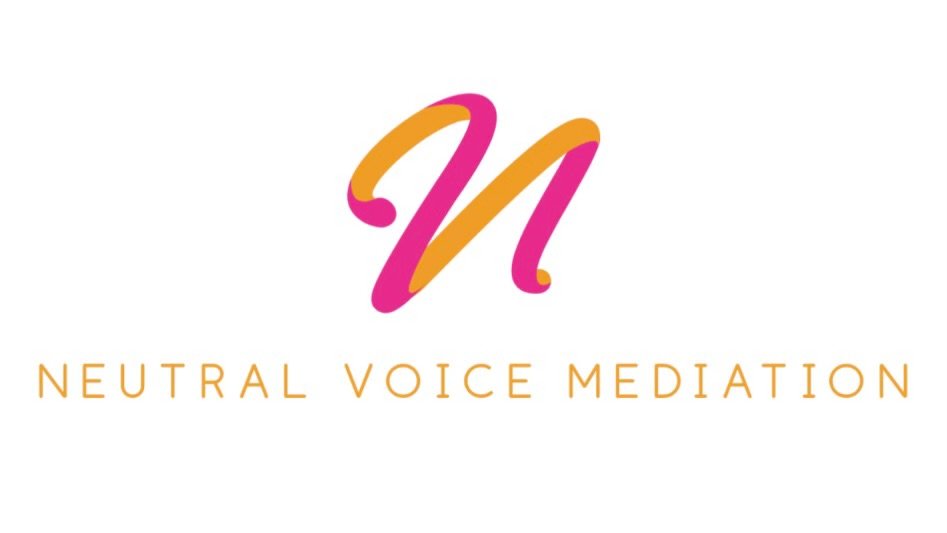When Mediation Hits a Roadblock: Exploring Options After Failed Mediation
In the realm of conflict resolution, mediation stands as a beacon of hope—a collaborative process designed to facilitate dialogue, understanding, and mutually beneficial solutions. However, despite its many benefits, mediation can sometimes encounter obstacles, leading to the unfortunate scenario of failed mediation. In this blog post, we'll delve into what happens when mediation fails, explore the options available afterward, and examine why mediation may sometimes fall short of reaching a resolution.
Understanding Failed Mediation
Mediation can fail for a variety of reasons, often stemming from underlying complexities and dynamics inherent in the conflict itself. Here are some common factors that may contribute to the breakdown of mediation:
1. Intractable Differences: Despite the best efforts of the mediator and the parties involved, some conflicts may be deeply entrenched, with parties unwilling or unable to find common ground. Fundamental differences in values, interests, or priorities can hinder the ability to reach a resolution through mediation.
2. Lack of Trust or Good Faith: Successful mediation relies on a foundation of trust, cooperation, and good faith engagement from all parties. When trust is eroded or parties approach the process with skepticism or hostility, it can impede meaningful dialogue and compromise.
3. Power Imbalance: Power dynamics can significantly influence the mediation process, particularly in cases where one party holds significantly more power or leverage than the other. In such situations, the imbalance of power may hinder the ability of the disadvantaged party to assert their interests effectively or negotiate on equal footing.
4. Unresolved Emotions: Emotions play a central role in conflict, and unresolved emotional issues can pose significant barriers to successful mediation. Strong emotions such as anger, resentment, or grief may cloud judgment, inhibit communication, and undermine efforts to find constructive solutions.
Options After Failed Mediation
While failed mediation may feel disheartening, it's essential to recognize that it does not mark the end of the road for resolving the conflict. Here are some options to consider after mediation has reached an impasse:
1. Litigation: In cases where mediation fails to yield a resolution, parties may opt to pursue litigation through the court system. Litigation involves presenting the dispute before a judge or jury, who will make a binding decision on the outcome based on legal principles and evidence presented.
2. Arbitration: Arbitration offers an alternative to litigation, providing a more streamlined and private process for resolving disputes outside of court. Parties present their case to a neutral arbitrator, who acts as a decision-maker and renders a binding judgment or award based on the evidence and arguments presented.
3. Return to Mediation: Despite initial setbacks, parties may choose to revisit mediation with a fresh perspective or under different circumstances. This could involve engaging a new mediator, addressing underlying issues that hindered progress in previous sessions, or exploring alternative approaches to negotiation.
4. Collaborative Law: Collaborative law is a cooperative approach to dispute resolution that involves parties and their attorneys working together in a series of structured meetings to reach a mutually acceptable settlement. Collaborative law emphasizes open communication, transparency, and commitment to reaching a resolution outside of court.
Conclusion
While failed mediation can be disappointing, it's essential to view it as a temporary setback rather than a definitive endpoint. By understanding the reasons behind the failure of mediation, exploring alternative dispute resolution methods, and maintaining a willingness to engage in constructive dialogue, parties can continue their journey toward resolution and eventual closure. Whether through litigation, arbitration, collaborative law, or a return to mediation, there are always pathways forward, each offering opportunities for growth, understanding, and ultimately, resolution.

